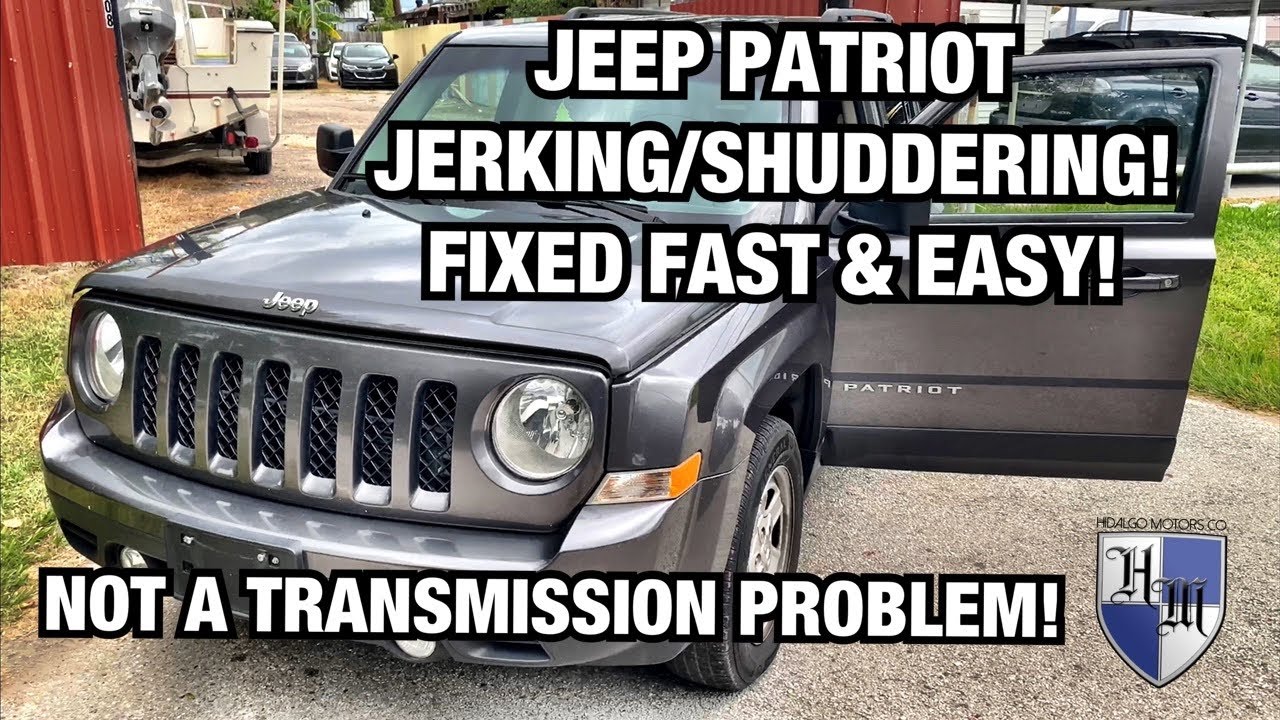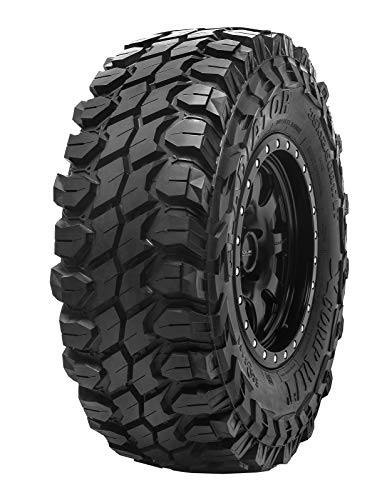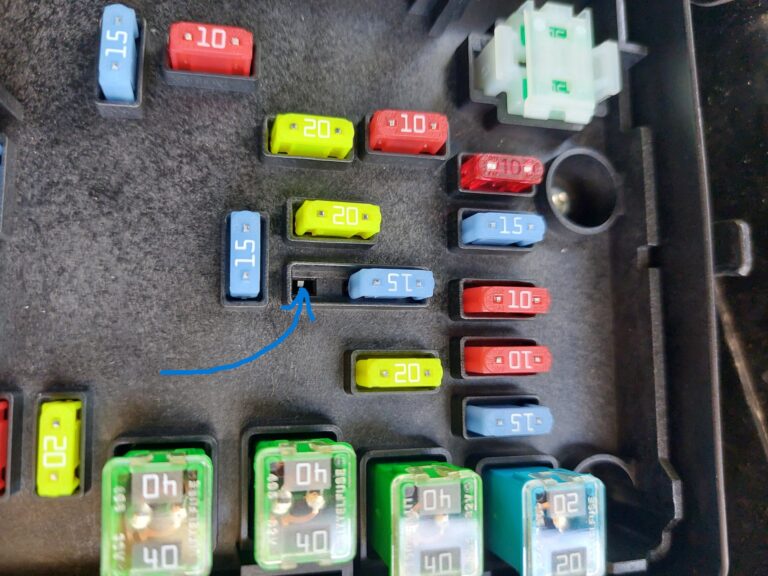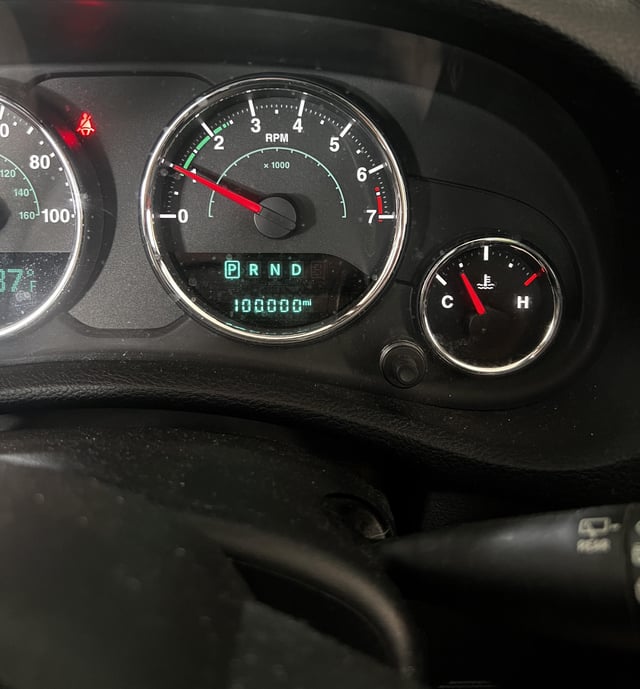Jeep Patriot Jerking When Accelerating: Quick Fix Guide
Your Jeep Patriot is a great car. It takes you places. But sometimes, it jerks when you press the pedal. Why does this happen? Let’s find out.
What Does Jerking Mean?
Jerking means the car moves suddenly. It can be scary. You want your ride to be smooth. Jerking is not smooth.
Common Reasons for Jerking
There are many reasons why a car jerks. Let’s look at some common ones.
1. Fuel Problems
The car needs fuel to run. If the fuel is not right, the car jerks. This could be due to a bad fuel pump or a clogged fuel filter.
Fuel Pump
The fuel pump sends fuel to the engine. If it is weak, the engine gets less fuel. Less fuel means less power. The car jerks.
Fuel Filter
The fuel filter keeps dirt out of the fuel. If it is clogged, fuel cannot pass through easily. This causes jerking.
2. Spark Plug Issues
Spark plugs help start the engine. If they are dirty or old, they do not work well. The engine does not get enough spark. The car jerks.
3. Air Supply Problems
The engine needs air to burn fuel. If the air is blocked, the engine struggles. This can cause jerking.
Air Filter
The air filter keeps dirt out of the engine. If it is dirty, air cannot pass through. The car jerks.
Mass Air Flow Sensor
This sensor measures how much air goes into the engine. If it is not working, the engine does not get the right air mix. The car jerks.
4. Transmission Issues
The transmission helps change gears. If it is not smooth, the car jerks. Problems with fluid or gears can cause this.
5. Throttle Position Sensor (tps)
The TPS tells the engine how much gas you want. If it is faulty, the engine does not respond well. This can cause jerking.
How to Fix Jerking
Fixing jerking can be simple. Let’s see some steps.
Check The Fuel System
- Look at the fuel pump. Is it working well?
- Check the fuel filter. Is it clean?
- If not, replace them.
Inspect Spark Plugs
- Are they old or dirty?
- If yes, change them.
- New plugs make the engine run better.
Examine The Air Supply
- Check the air filter. Is it clean?
- Look at the mass air flow sensor. Is it working?
- Clean or replace them if needed.
Check The Transmission
- Is the fluid level low?
- Are the gears shifting smoothly?
- If not, visit a mechanic.
Test The Throttle Position Sensor
- Is it sending the right signals?
- If not, you may need a new one.
Why Fixing Jerking Is Important
Nobody likes a jerky ride. It feels unsafe. It can also damage the car over time. Fixing it keeps your car healthy. It makes your rides pleasant.
When to See a Mechanic
You can fix some things at home. But not everything. If you tried the steps and the car still jerks, see a mechanic. They have tools. They know what to do.

Credit: www.youtube.com

Credit: www.jeeppatriot.com
Prevent Future Jerking
Prevention is better than cure. You can do things to stop jerking before it starts.
Regular Maintenance
- Service your car regularly.
- Check fluids and filters.
- Replace old parts on time.
Drive Smoothly
- Do not press the pedal too hard.
- Accelerate slowly.
- It puts less stress on the car.
Frequently Asked Questions
Why Does My Jeep Patriot Jerk When Accelerating?
Jerking could be caused by fuel system issues, faulty spark plugs, or transmission problems. Check these components for signs of wear.
How Can I Fix Acceleration Jerking?
Start by inspecting spark plugs, fuel filters, and transmission fluid. Replace or repair any faulty parts to solve the issue.
Is It Safe To Drive A Jerking Jeep Patriot?
Driving while jerking might damage your vehicle further. Get it inspected by a professional to ensure safety.
Could Dirty Fuel Injectors Cause Jerking?
Yes, dirty fuel injectors can disrupt fuel flow, causing jerking. Cleaning them might improve performance.
Conclusion
Your Jeep Patriot is a reliable car. But jerking can happen. It is not nice, but you can fix it. Check the fuel, air, and spark systems. Look at the transmission. If unsure, see a mechanic. Keep your car in good shape. Enjoy smooth rides every time.
Remember, maintenance is key. A well-maintained car rarely jerks. Drive safe. Drive happy.






